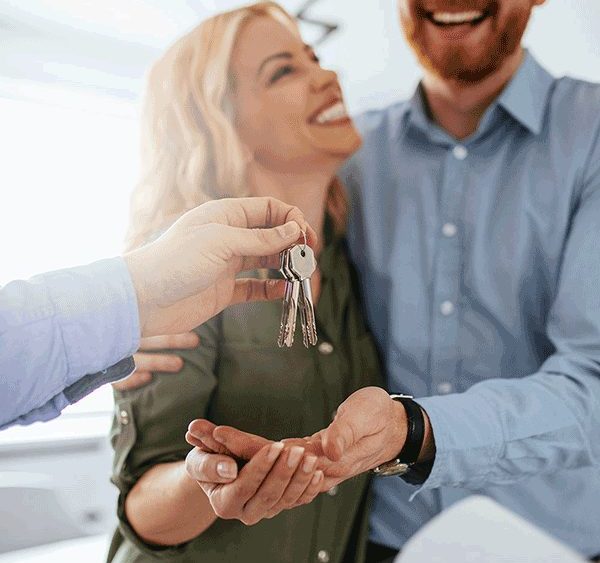 What’s considered a starter home?
What’s considered a starter home?
A starter home is a small home or condo that you can afford now, with or without making improvements. When you purchase a smaller home, a mortgage is generally much more manageable and affordable, which prevents the need to make several adjustments to your current lifestyle.
There are many benefits to purchasing a starter home before getting a forever home. If you are in a volatile industry, it may be better to purchase a starter home rather than a permanent one. This may be especially relevant if you work on a contract. In addition, if you want to rent out your starter home once you find your forever home, purchasing a starter home first may be the first step in that process.
When looking for a starter home, keep the following things in mind.
- Look for a loan first, then for the house
Make sure that you look for a loan before you start looking for a house. By knowing what you can afford in the beginning, you don’t have to run the risk of your eyes being bigger than your wallet. Even if you can afford a bigger home, it’s smart to have your financing already in place. It’s not uncommon to see deals fall apart because of delays in obtaining a home loan.
- Make sure you have a plan for selling the home
Always go into a home investment with a long-term plan. If you know that this home is going to be a starter home, go into it knowing approximately how long you want to be living in the home, and whether you’ll sell it when you’re ready to move or keep it as a rental property.
- Don’t ignore the inspector’s report
If problems arise on the inspection report, don’t ignore them! If you notice potential expenses that will surface in the near future, negotiate the price further down to make up for those projected expenses. If the seller isn’t willing to negotiate, walk away and find another home.
- Don’t overlook the other financials
The purchase price of your home isn’t the only cost that you have to consider. Additional expenses such as closing costs should also be considered. In addition to those costs, you should allot resources for potential repairs that you may have to make.
- Don’t buy too big
You may be tempted to buy the best starter home your money can get you. People often buy the most expensive home they can afford, even if it’s not the home that they want. However, this can leave you cash poor, and because of this, your finances and credit can suffer. In turn, your credit score can drop and future lenders might see you as a risk when ready for your next mortgage.
Buying a starter home isn’t necessary, but it can be a helpful step in the home buying process.


Comments are closed.